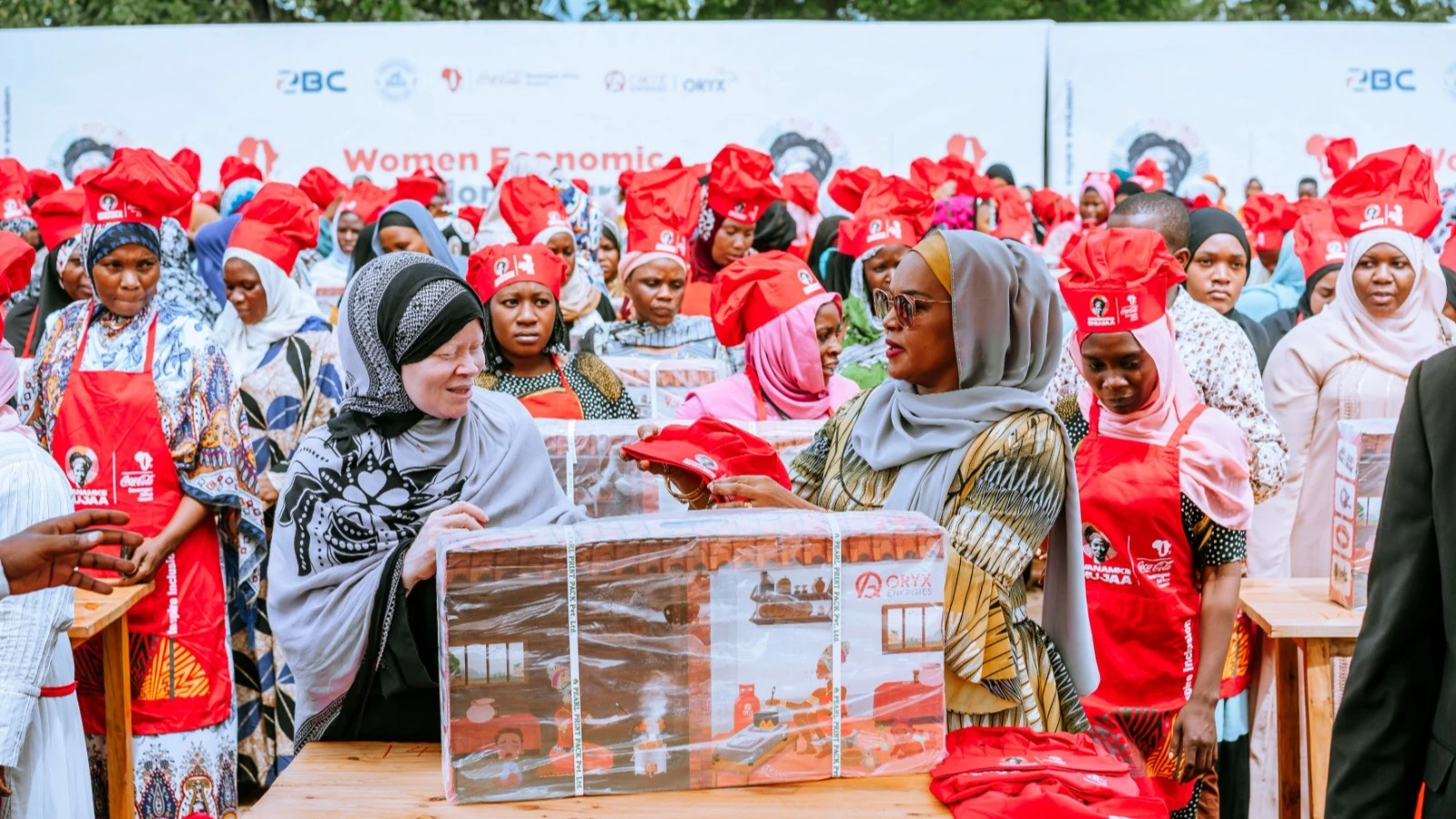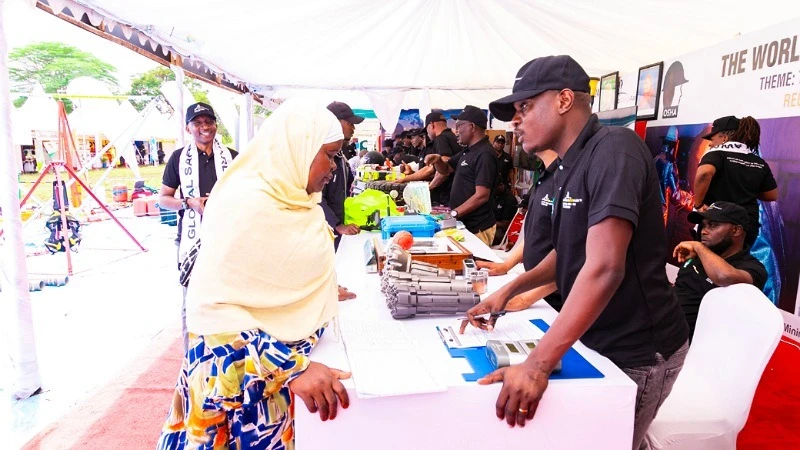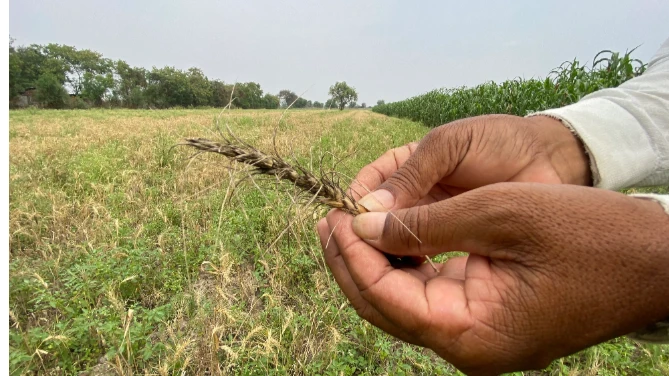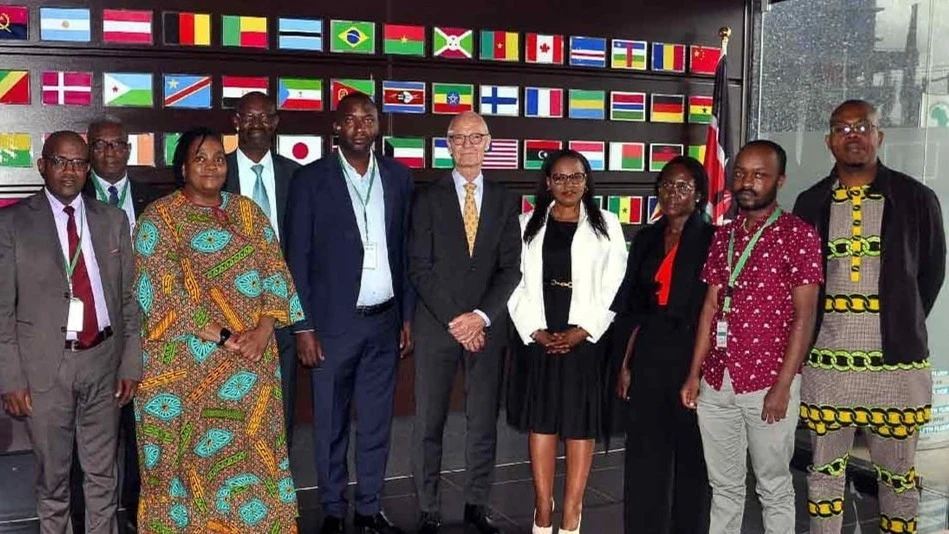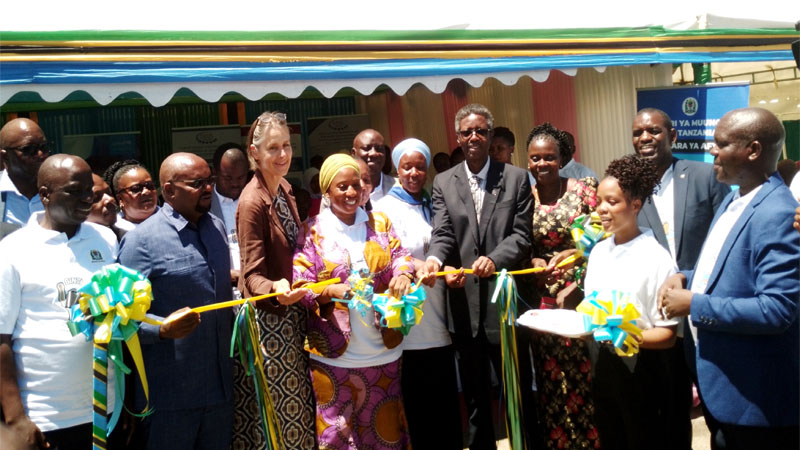Govt to bolster working incentives to health workers at primary level
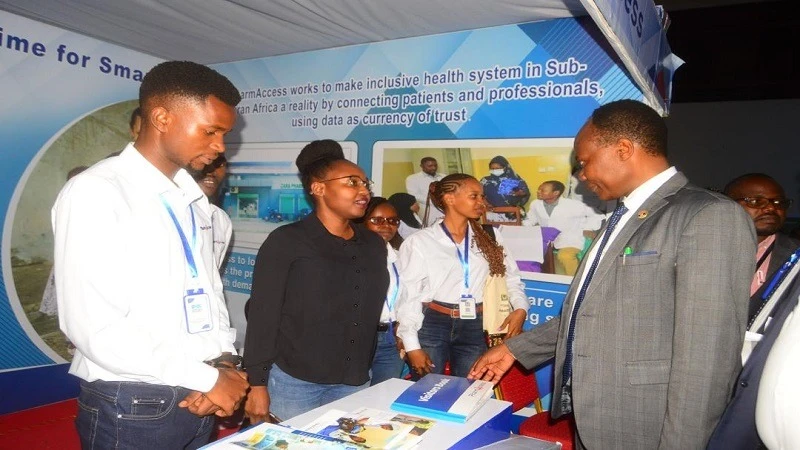
THE government is set to inject more working incentives towards the health workers at the primary health centres within the country’s remote areas, especially the nurses.
Deputy Health Minister, Dr Godwin Mollel made the remarks on Wednesday when wrapping up the International Primary Health Care Conference (IPHC) 2024.
Dr Mollel directed the regional and district medical officers (RMOs and DMOs) to ensure they’re treating the health workers in areas of their jurisdictions with the diligence and patriotic eye in order to stimulate the general performance of the vital sector.
“Nurses account for at least 50 percent of all health workers in the country, and some are working under unfriendly situations in the health centers located within far rural areas, we need to take good care of them so as to further trigger their working morale,” he insisted.
He said the parent ministry was working to strategise viable plans to allocate more resources towards the country’s primary healthcare, development which will automatically result in the achievement of Universal Health Coverage (UHC).
“Among the key plans that we’re envisioning to accomplish include the zeal to construct at least one dispensary in each village across the country in order to improve accessibility of primary healthcare to the citizens in rural areas,” Dr Mollel informed.
Together with that, he added that the government will continue working to further improve engagement of the private sector, including the development partners, in the health sector through setting up more conducive working relations policies.
In order to attract establishment of private health centers and dispensaries, the minister underscored the need for the improvement of the relevant regulations.
“In order to attain UHC, contributions of the private sector should not be neglected and thus, we must work to ensure the regulations and policies are friendly in unlocking and attracting potential investment into primary healthcare,” he observed.
He called on the health workers in the country to maintain solidarity and unity in the pursuit of their daily roles, and deter from all forms of medical literacy arrogance.
Speaking on her part, Dr Grace Magembe, the Deputy Permanent Secretary in the Ministry of Health, on her part expressed that 'there's no health sector without primary healthcare.'
Basing on the fact that primary health is a cornerstone of the country’s health sector, she underscored the need for serious investment into the sector, in terms of facilities as well as human resources capacity building.
Giving a brief review of the conference, Prof Bruno Sunguya, the Deputy Vice Chancellor, Research and Consultancy at Muhimbili University of Health and Allied Sciences said the conference saw development of 290 specific publications, out of which, at least 175 publications were presented during the three- day forum.
With 17 positive forums conducted alongside the just- ended conference, Prof Sunguya informed that the gathering attracted a total of 10 different themes, all majoring on primary healthcare sector development.
The themes, according to him include primary healthcare financing, human resources in primary health, maternal and child health, nutrition, prevalence and prevention of Non-Communicable Disease (NCD), community engagement in primary health sector, use of statistics in primary healthcare, capacity building towards health workers at primary healthcare, and important of research in improving performance of primary healthcare rolling out.
The conference was attended by over 1,769 participants from Tanzania, and other countries, including Uganda, Congo, Brazil, India, Korea, among others.
During the conference's winding-up scientific presentations, the health experts highlighted several issues that need to be embraced so as to improve primary healthcare services.
These include the need for the parent ministry to ensure the country’s health systems make sober use of Tele- Medical Service (TMS).
Absorbing the benefits available in the country’s healthcare medical tourism was the other topic that emerged during the Conference's last presentations.
Dr Asha Mahita, the Medical Tourism Coordinator from the Ministry of Health underscored the need for the country to fully tap and utilise the prevailing healthcare medical tourism.
“Advancement into the country's health sector has seen a number of patients jetting into the county in search of better medical services, whereby there’s a lot of internal movement among the patients from one region to another.”
“This is a very fruitful trend in healthcare medical tourism which must be used professionally to raise money for financing key projects in the primary health care sector,” she challenged.
Palliative care was another area that the experts observed that the health sector must practice if the goal is to enhance the performance of primary healthcare.
Palliative care is specialized medical care that focuses on providing relief from pain and other symptoms of a serious illness. It also can help you cope with side effects from medical treatments. The availability of palliative care does not depend on whether your condition can be cured.
Other recommendations aired during the forum were the need to increase budgetary allocation towards the health sector, recruitment of enough health workers, especially at primary healthcare, as well as strengthening the working relationship platform between the government, the private sector and the development partners.
Top Headlines
© 2024 IPPMEDIA.COM. ALL RIGHTS RESERVED








